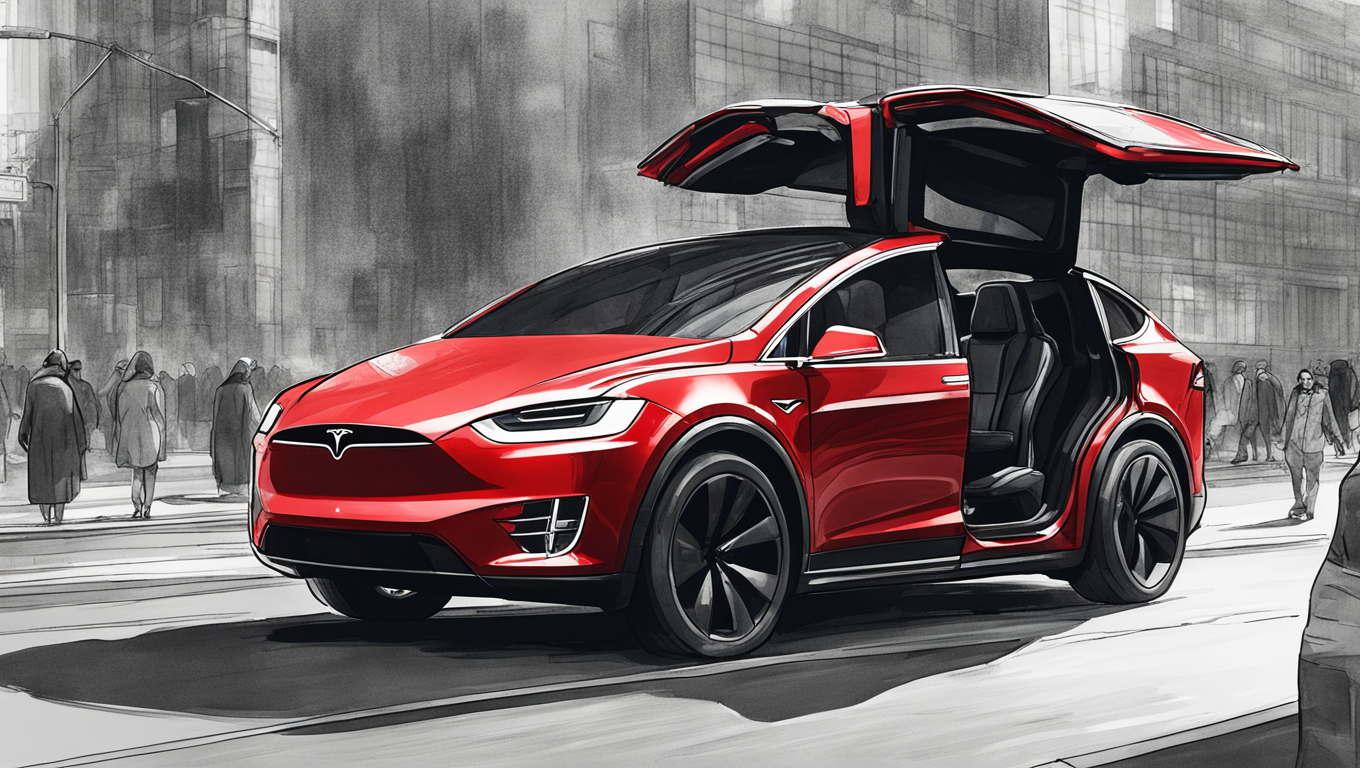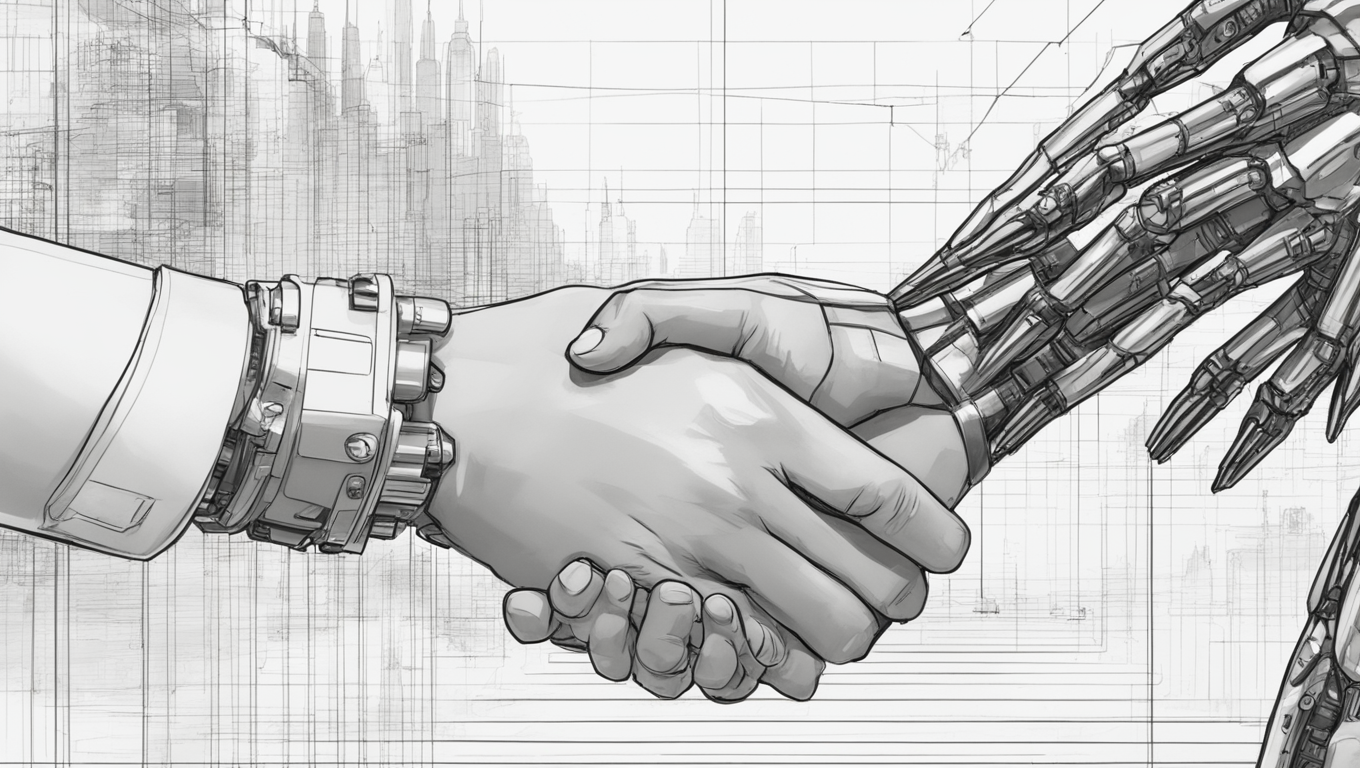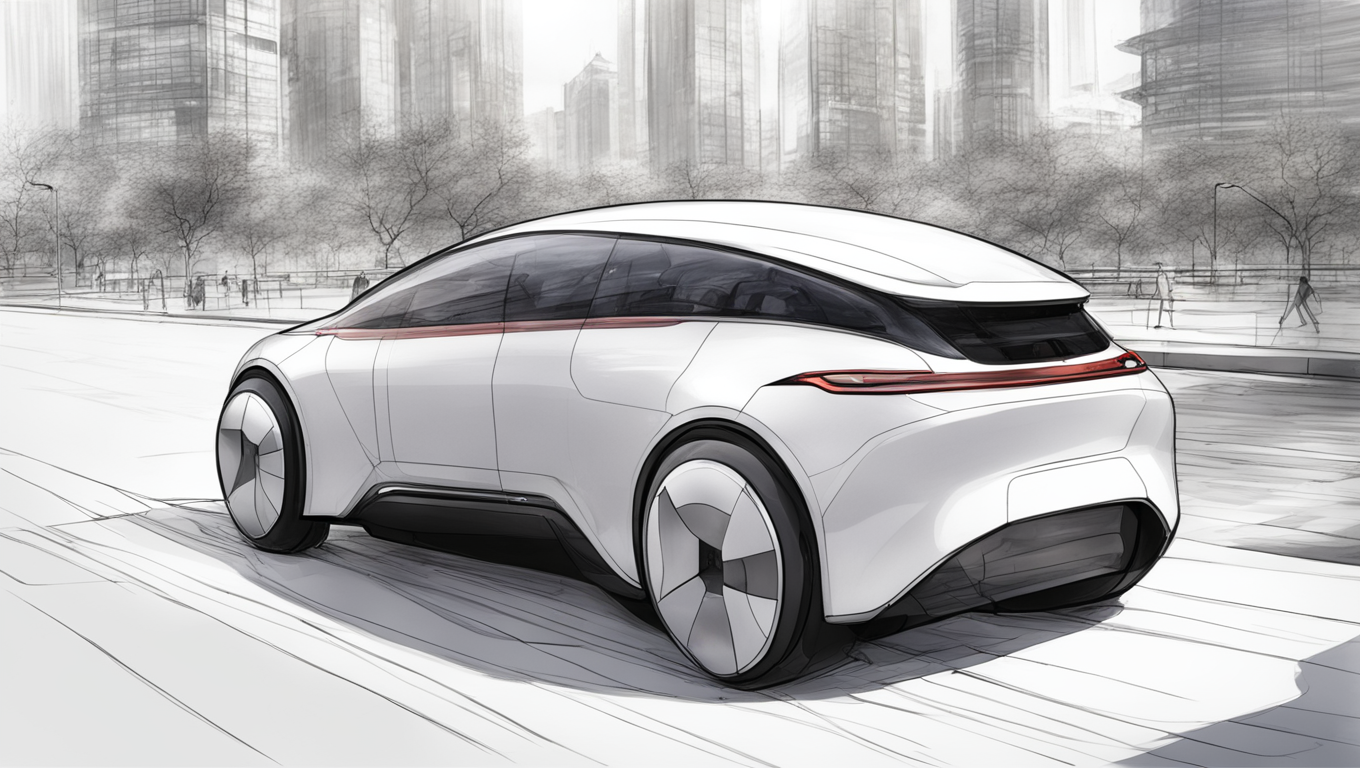The Trump administration’s move to ease US rules for self-driving cars has the potential to significantly benefit Tesla’s Elon Musk, who has placed a strong emphasis on self-driving technology and artificial intelligence for the future of the electric vehicle (EV) maker. However, current federal regulations present obstacles for companies like Tesla that aim to deploy vehicles without steering wheels or foot pedals on a large scale.
To address this issue, the Trump team is seeking policy leaders within the Department of Transportation to develop a framework for regulating self-driving vehicles. While the National Highway Traffic Safety Administration can issue rules to facilitate the operation of autonomous vehicles, mass adoption would require congressional action. A bipartisan legislative measure is currently being discussed to establish federal regulations for autonomous vehicles.
There are several potential candidates for the position of Transportation secretary, including Emil Michael, a former executive at Uber Technologies Inc. Notably, Musk has been vocal in advocating for federal rules that support autonomy. During the third-quarter earnings call, he expressed his willingness to use any government role to advance the process of allowing autonomous vehicles to be used nationwide. This statement led to a decrease in the stock prices of Uber and Lyft.
In addition to the efforts in the Department of Transportation, President Trump has appointed Musk and entrepreneur Vivek Ramaswamy to lead a new Department of Government Efficiency initiative. This initiative aims to dismantle government bureaucracy, reduce spending, and alleviate burdensome regulations.
Despite previous attempts to establish federal legislation governing autonomous vehicles, progress has been slow. Currently, the National Highway Traffic Safety Administration permits manufacturers to deploy up to 2,500 self-driving vehicles per year, but attempts to increase this number to as high as 100,000 have failed. Previous bills have faced challenges in the Senate, with manufacturers pushing for provisions that would limit consumer lawsuits.
As of now, discussions regarding policy details and potential department leaders are still in the early stages. The transition team has not provided any official comments on the matter. For Elon Musk and Tesla, the possible easing of regulations surrounding self-driving cars presents a significant opportunity to further their ambitions in the autonomous vehicle market.





Use the share button below if you liked it.